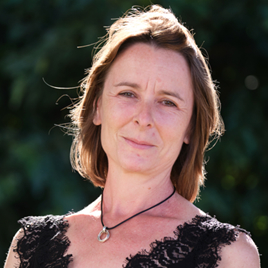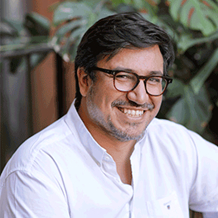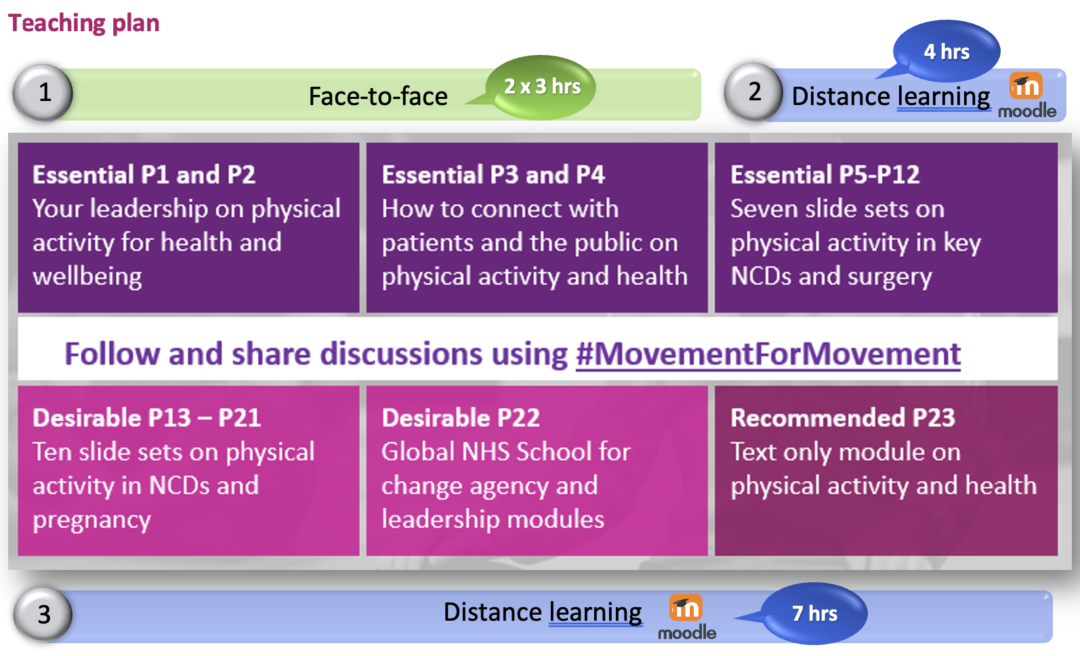Institution Description
Université Côte d’Azur has been an experimental university since 1 January 2020 replacing both the Université Nice Sophia Antipolis created in 1965 and the Communauté d’Universités et d’Etablissements Université Côte d’Azur created in 2015.
Université Côte d’Azur now includes 17 major academic establishments around the historic university core to create one of France’s top 10 research-intensive universities.
Université Côte d’Azur won the prestigious Initiative d’Excellence (Idex) label in 2016. This distinction, awarded by an international jury, positions the university among the 10 best French research-intensive universities, provides it with additional resources to further accelerate its development, and marks the recognition of a university capable of standing tall in the face of global competition.
Its UCAJEDI project proposes a strategy targeting the three major challenges of this century, resilience & sustainability of local authorities, economic & social transformation through Digital, well-being & ageing, through tools and programs promoting the development of research, training and innovation.
Since 1 January 2020, Université Côte d’Azur has been officially recognized as an experimental university. This new academic status helps develop a bold and independent strategy based on:
- breaking down the barriers between education, research and innovation,
- developing agility and responsiveness through the increased autonomy of the units,
- the ability to harness the amazing potential for diversity represented by its 17 members.
It is based in particular on setting up Graduate Schools and giving them this essential role of redesigning university architecture. It also accelerates the implementation of a “Bac-3/Bac+3” principle aimed at effectively combating failure at schools and universities. Finally, it opens up the field of possibilities on the density and diversity of public-private partnerships and on the university’s overall funding model.
The Graduate School of Health Science Ecosystems (HEALTHY) supports an ecosystem and a holistic approach to health of individuals and populations. Within this framework, it aims to strengthen the reciprocity between education and research by involving all stakeholders with an interest in health, and by promoting global, systemic and integrative approaches to public health. It provides education and training for careers and professions based around health, psychology and physical activity. The research unit on Human Motricity, Expertise, Sport and Health (LAMHESS) is involved in research on health-enhancing physical activity (HEPA) promotion and HEPA policies and work closely with the French Society of Public Health in this area. Université Côte d’Azur also served as country focal point for the completion of the WHO HEPA Policy Audit Tool (PAT) for France in 2017. From 2012 to 2023, Professor Anne Vuillemin from Université Côte d’Azur also has a seat on the Steering Committee of the European network for the promotion of health-enhancing physical activity (HEPA Europe, WHO/Europe).
The Faculty of Medicine provides education and training for careers and professions in medical sciences. The School of Medicine accounts for approximately 150 students per year (from 2nd to 6th study year). The number of students in the first year is almost 1250 students. More particularly, the Dean of the Faculty of medicine and the department of teaching and research in medical practice (DERMG)of the school of medicine are involved in the VANGUARD project. The DERMG is collaborating with other departments of the Faculty of medicine through various projects dedicated to the teaching of medical students and young medical doctors. One of these projects is the SALT program (Simulation and Active Learning of Telemedicine) which aims to teach young medical doctors to solve problems in uncertain contexts such as ones in telemedicine activities. The second one is related to the implementation of morbidity-mortality meetings in general practice using serious gaming strategies and tools.
Project Team
Under development.


Project Implementation
A new curricular unit on “Physical Activity and Health” has been developed to be offered to the students of the Medicine course.
The “Movement for Movement” resources were implemented at Université Côte d’Azur, in the Faculty of Medicine curriculum. The training was proposed to students in third cycle, specialising in General practice (6th to 9th year of medical study) as additional teaching (credits allocated). It was also proposed to students in the second medical cycle (2nd to 6th year of medical study) as an optional teaching (no credits or points allocated).
A specific team of three people worked on the integration of the teaching. It was made up of a general practitioner specializing in sports medicine, an educational engineer and a postgraduate student in general medicine who did his thesis on the theme of training evaluation.

Follow this partner’s work in our blog.

